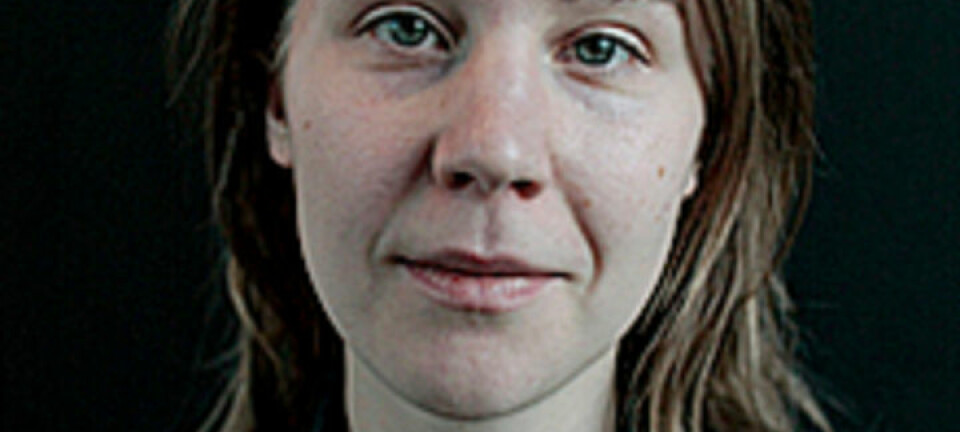
Social intelligence: The brain mirrors behaviour of others
New study may help us understand why some people with autism and schizophrenia find it hard to cope socially.
Some people have trouble understanding the meaning of other people’s behaviour. Scientists have so far struggled to find the cause of this lack of social understanding, but now they may have come one step closer.
A new study, published in the journal Psychological Science, now confirms the 20-year-old mirror neuron theory (see Factbox 1): seeing other people move activates our brain as if it were our own movements. The new study confirms this mirror activity as being an important element in our understanding of other people’s behaviour and intentions.
“Our study shows that when you inhibit the mirroring activity in the brain, you also inhibit people’s ability to understand what other people are doing, even when it comes to very basic movements,” says lead author John Michael, a postdoc fellow at the Center for Subjectivity Research at the University of Copenhagen, Denmark.
Participants lost the ability to understand movements
The study participants received TMS (Transcranial Magnetic Stimulation – see Factbox 2) of their brains. They were then shown videos of an actor miming a series of movements such as using a hammer or licking an ice cream.
The magnetic stimulation disrupted the mirror neuron activity, and when the TMS was targeted at the area of the brain that controls their right hand, their ability to understand what movements the actor was miming with his right hand was significantly reduced.
When the TMS targeted the area of their brains that controls their mouth movements, it also significantly reduced the participants’ ability to understand the actor’s mouth movements.
”The magnetic stimulation prevents the brain from mirroring other people’s movements to the same degree, and that reduced the participants’ ability to understand the meaning of the movements,” says Michael.
”This suggests that the mirror neurons are either the cause or a contributing cause to why we understand the meaning of other people’s movements. This would, in principle, also apply to other people’s body language in social contexts.”
Study may provide greater insight into autism
The Danish/Austrian study is the first of its kind to provide concrete evidence that mirror neurons are the cause of our understanding of other people’s actions, and the meaning of those actions.
It is, however, too early to conclude that the explanation of why some autism and schizophrenia patients lack an understanding of other people’s behaviour is to be found in mirror neurons. The new study may, however, prove be an important piece in the puzzle, says Michael:
”By learning more about the normally functioning brain and how it shapes our social understanding, it will be easier for us to identify possible dysfunctions that arise in certain mental health patients, including people with autism.”
Impressive research, but not surprising
Associate Professor in neuropsychology Anders Gade did not take part in the study, but he is positive about the new findings:
”This is an exciting and impressive study. It confirms and supports what has long been suspected: that mirror neurons are important to our understanding of other people’s behaviour and intentions.”
Previous studies have shown that some patients with damage to the movement centre of the brain have difficulty in understanding the behaviour and intentions of others. However, this is the first time that the causal link has been established in an experimental setting.
”In that sense we’re not terribly surprised to see the new findings,” says Gade. “But it’s still an important study, since theories like this need to be confirmed over and over again.”
Exact importance of mirror neurons remains unknown
Although the study provides clear evidence that mirror neurons are a contributing factor to our understanding of the behaviour and intention of others, it is still difficult to say how much this mirror activity contributes to our general social understanding, says Gade:
”We all know that laughter is contagious, but we may not be mirroring other people’s behaviour when we laugh. We may also do it because we sense that there is a reason to be joyful, and perhaps that is what makes us joyful.”
The new study has contributed an important piece to the puzzle, but there is still plenty of room for further research into mirror neurons and social behaviour:
“More research is needed to clarify how big a role mirror neurons play, and whether they actually play a role at all in people who lack social understanding, for instance in people with autism,” says Gade.
-----------------
Read the Danish version of this article at videnskab.dk









